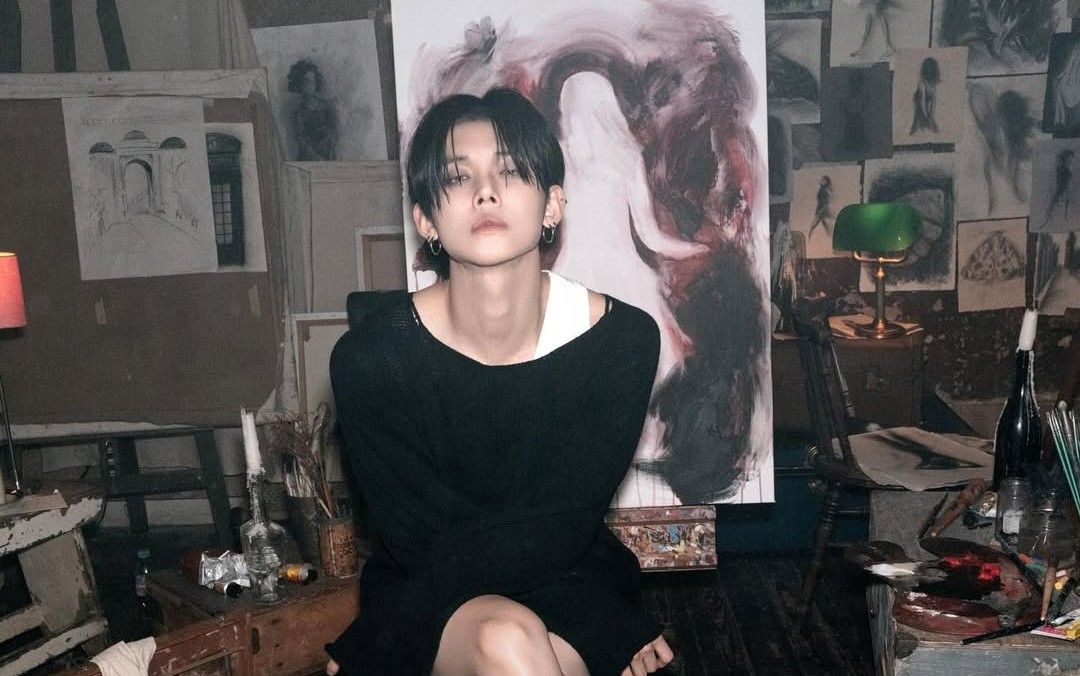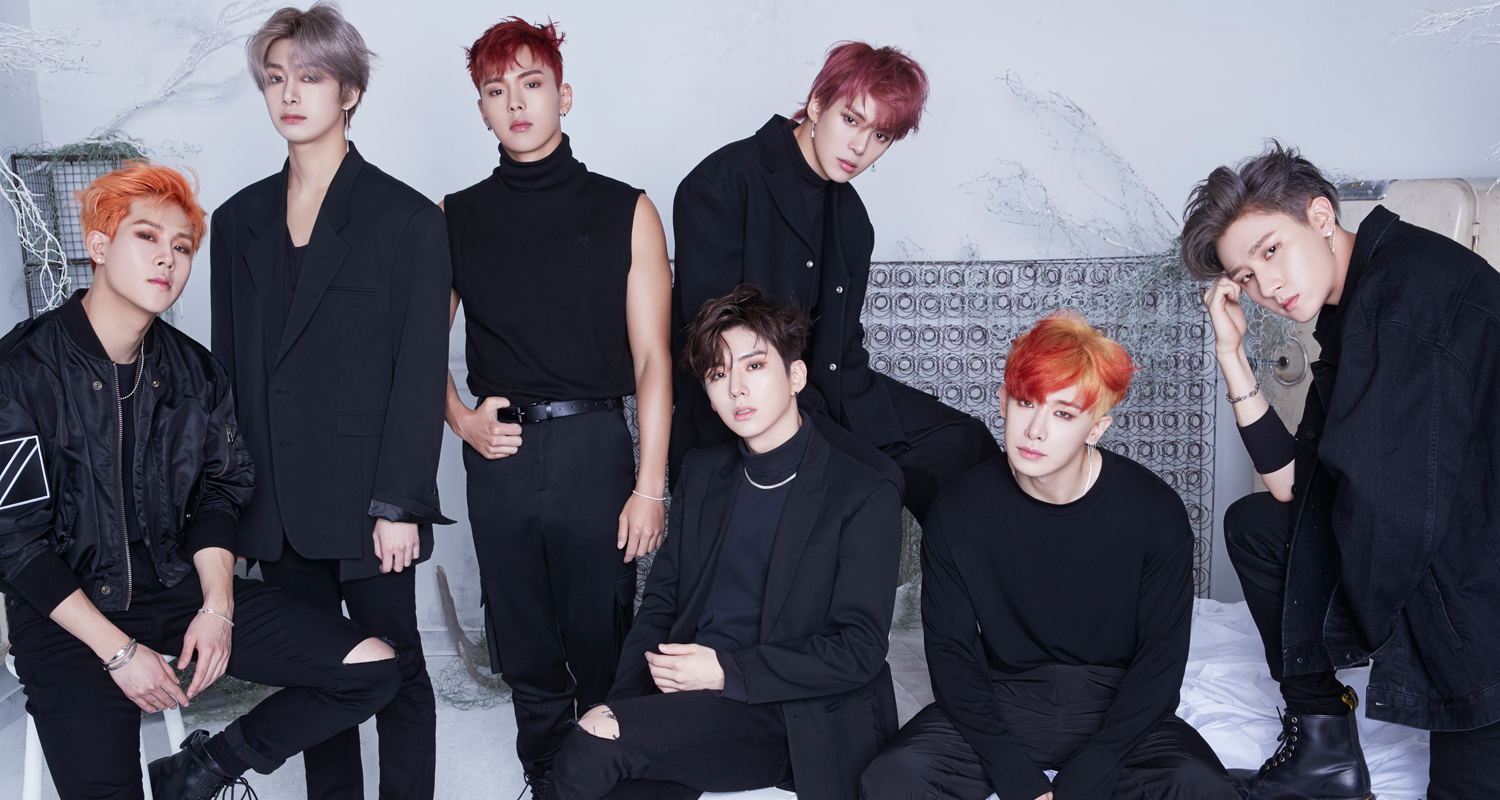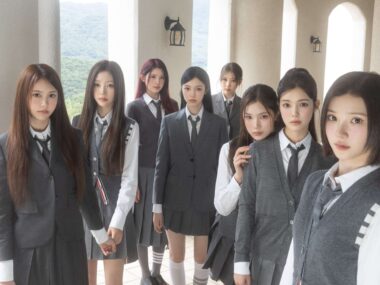TOMORROW X TOGETHER (TXT)’s Yeonjun’s Ghost Girl is a gothic portrait of a man trapped in emotional purgatory. Released with a visually rich music video set in London, the song unpacks what it means to love someone so deeply that they become a haunting presence in your life.
What kind of love turns into a ghost?
The “ghost girl” isn’t supernatural. She’s symbolic. She’s that one person you can’t let go of, even when they’ve long since let go of you.
Musically, Ghost Girl blends reggae, and rock in unexpected ways. The rhythm stutters and swells, mirroring the emotional instability of the story. British singer-songwriter YUNGBLUD helped shape the song’s unique sound, injecting a punk-pop edge that leans into the track’s chaotic heart
Throughout the whole song, Yeonjun delivers a slow burn of obsession, vulnerability, and yearning that refuses to die.
A ghost you can’t stop painting
The music video uses dark academia visuals to tell a story about longing, turning Yeonjun’s inner turmoil into art. We see him wandering the streets of London alone, looking haunted and distressed.
He paints an image of his ghost girl, her back to the camera, draped in white. It’s as if no matter how many times he paints her, he’ll never truly see her. She’s everywhere and nowhere, all at once.
Red liquid imagery flows through the video like blood or ink. Dim lighting and urban isolation give the film a shadowy, dreamlike quality, making it feel more like a short art film than a typical K-pop video.
The ghost as grief, memory, and obsession
What makes Ghost Girl so compelling is how deeply it leans into the metaphor. This isn’t just a song about unrequited love. It’s about being haunted by what could’ve been, and what never fully existed. The ghost girl represents fading memories, unresolved feelings, and the ache of trying to hold onto something that’s already gone.
Yeonjun’s lyrics paint a portrait of someone willingly consumed. “You take everything, and still I give you more,” he seems to say, caught in the loop of a love that gives nothing back. It’s devotion with no destination.
The bigger question at the heart of Ghost Girl isn’t just “who is she?” Why does she still have this hold over him? The answer lies in the way the song frames vulnerability as inescapable. Love still lingers, even when it’s doomed. We try to move on, but we keep returning to what we’ve lost and what we once felt.






